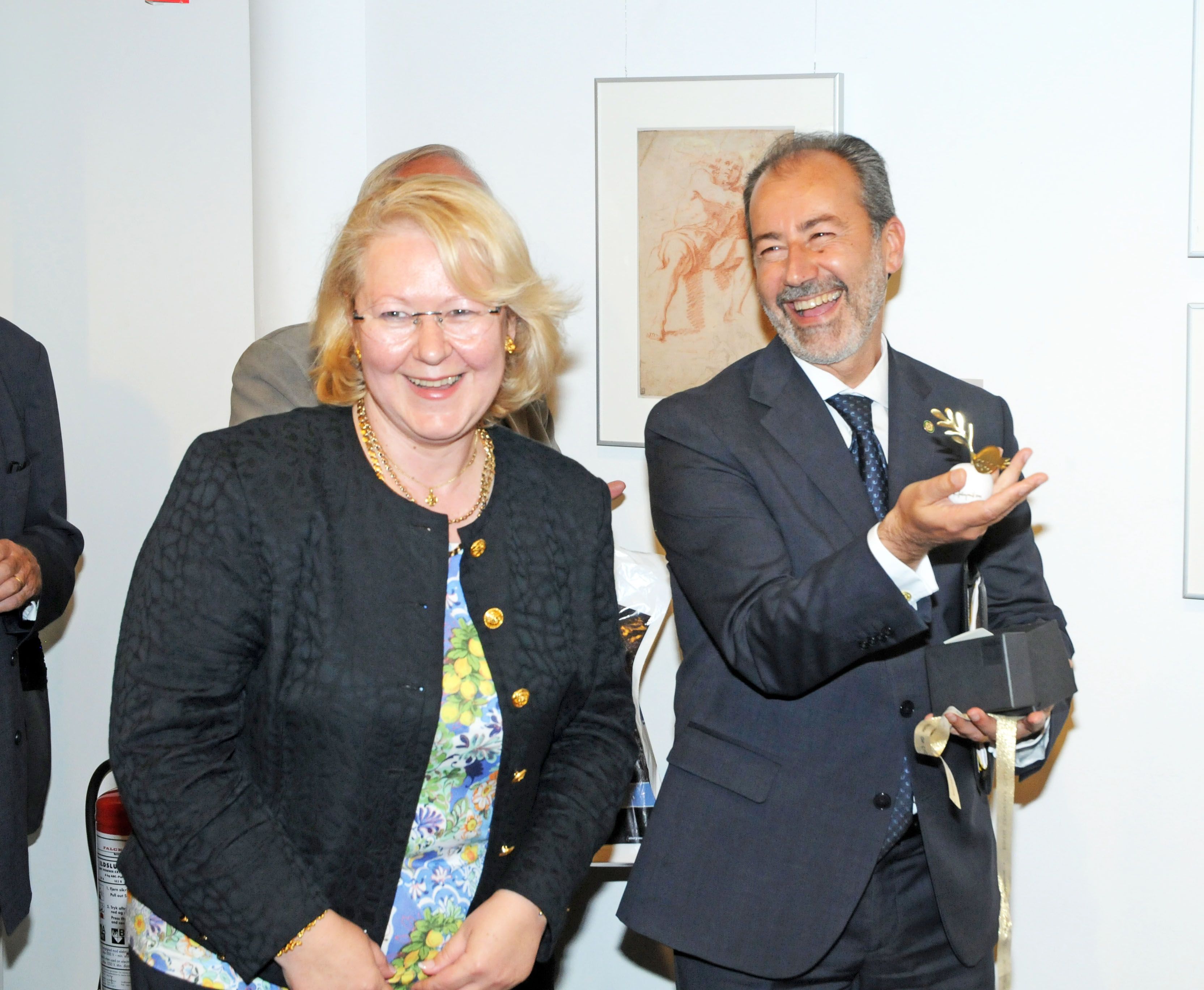Since the Danes themselves like to refer to their country as the ‘Italy of the North’, there is no doubt they fell in love with an image of Italy that is associated with something positive.
Danes have always been fascinated by Italian lifestyle, culture and goods. As a result, bilateral trade relations between Denmark and Italy are extremely dynamic. Regardless of the financial crisis, exports have remained steady at 5 billion euros – in both directions.
“We are satisfied and excited spectators of the vibrant interactions between the two countries, thanks to tourism, trade and cross-investments,” Italian ambassador Stefano Queirolo Palmas told the Copenhagen Post Weekly at his residence near Amalienborg.
“It is an ancient, traditional and consolidated relationship between two member countries of the European Union, and bilateral relations are particularly dynamic.”
A pleasant invasion
Italy remains a favourite holiday destination amongst Danish tourists. Between 600,000 and 650,000 Danes spend at least five days there every year – roughly a ninth of the entire population.
“It is a discreet and very pleasant invasion: a tourism of quality that seeks not just the art cities, but original destinations, reviving forgotten small villages that are often depopulated,” said Palmas.
“It is a very loyal form of tourism. Once Danes fall in love with a place, they help to bring it to life by buying a property, bringing an intimate circle of family and friends and forming little colonies. It is a kind of tourism with an added value that has beneficial effects.”
A virtuous circle
Although the reverse flow is much lower – only 45,000 to 50,000 Italians visit Denmark every year – the Italian presence in the country is getting stronger, especially in agribusiness.
Since 2009, Italy has been number one in Denmark, and consumption continues to grow year by year.
“We are witnessing an exceptional dynamism,” continued Palmas.
Børsen, the old stock exchange in Copenhagen, hosts big events like Barolo & Friends and Barolo & Brunello, and every time the ticket price is more expensive and the queue longer.”
In November, the high-quality grocery store chain Eataly will open a store in the basement of Illum, which is currently being renovated by Italian craftsmen.
“It will please Danes looking to replicate their Italian experience on their last trip, who are already anticipating their next one,” he said. “It’s a virtuous circle.”
Foul-weather friend
Palmas was keen to stress how trade between the countries is steady and based on long-term investments. For example, the Danish business community kept its faith in Italy during the difficult times of the financial crisis.
“Recently, Maersk has invested several hundred million in a new hub for refrigerated merchandise to be sold in the western Mediterranean, and at Vado Ligure, near Genoa, in a dock mooring, which is the only one in Italy for the enormous container ships of the latest generation,” he enthused.
Additionally, Carlsberg, Danish Crown, Arla and Vestas all have substantial interests in the country.
Likewise, there are significant direct foreign investments by Italian groups in Denmark, including Cementir Holding grey cement subsidiary Aalborg Portland, which is a big employer in the north Jutland city; Grimaldi Group, which has made a huge investment in road construction in the area around Esbjerg; and Technogym, which controls 60 percent of the fitness machine market.
Building the future
The Italian community in Denmark has more than doubled in the last five years – primarily due to a flow of specialists and researchers who occupy positions within academia, private research and think-tanks. The intense exchange of highly-skilled human capital is evidence of strong scientific collaboration.
“Italian-Danish co-operation in scientific, cultural, academic, and technological fields is like a small probe that will show us how the world will be in 20-30 years,” said Palmas.
“These sectors will make the future one of not only bilateral relations but of humanity.”
Sharing a common heritage
The residence of the Italian ambassador is an historic investment located close to Amalienborg. It is open to guided tours and, surprisingly, it is also possible to rent the dining hall – even for private celebrations – providing the catering is Italian cuisine!
“We think that we are more curators rather than owners and more caretakers than residents of a common heritage that describes the parallel development of the two countries over the past 300 years,” explained Palmas.
On June 2, Italy will celebrate its Republic Day, and the Italian Embassy has planned multiple celebrations at six different Danish locations in Copenhagen, Århus, Odense, Esbjerg, Aalborg and the Faroe Islands.
In this way, Italy will disseminate its culture, foster tourism and captivate an even larger enthusiastic audience.
















